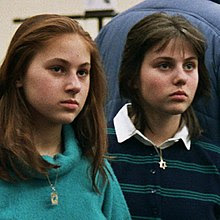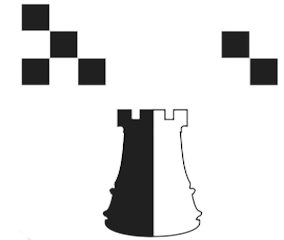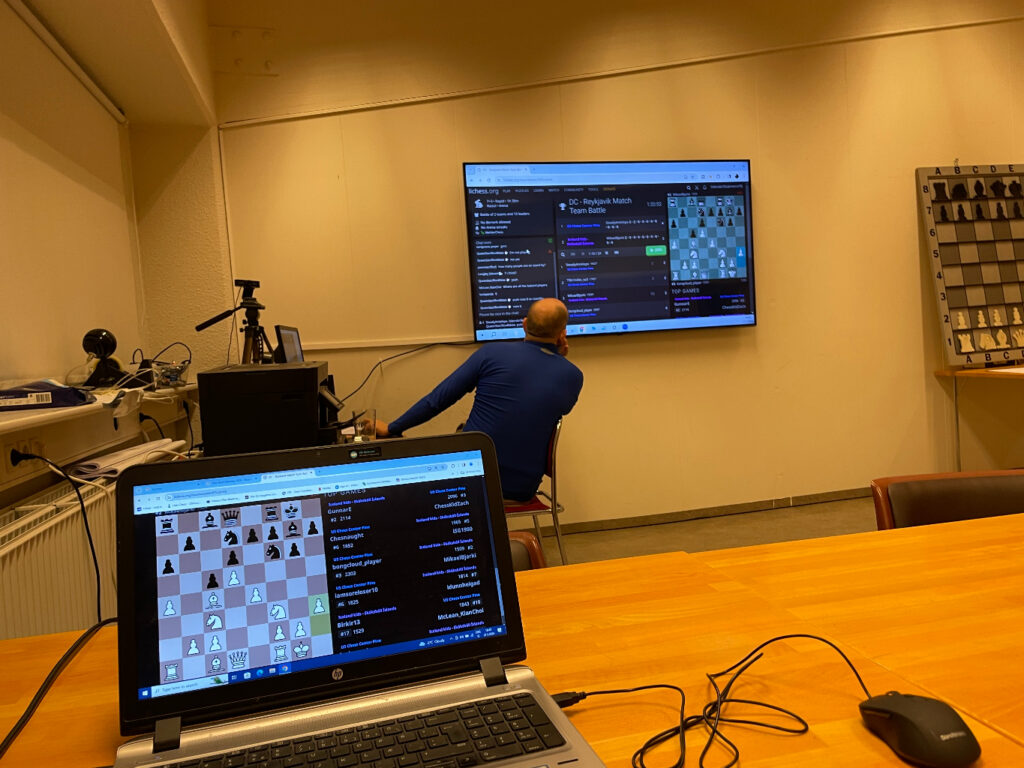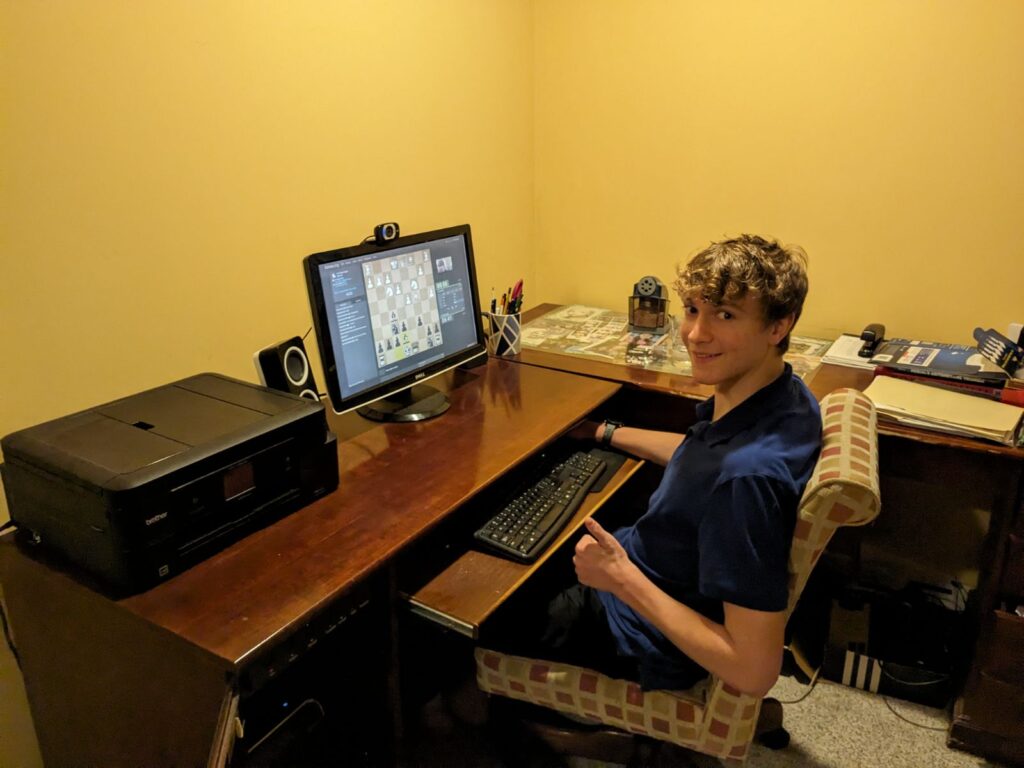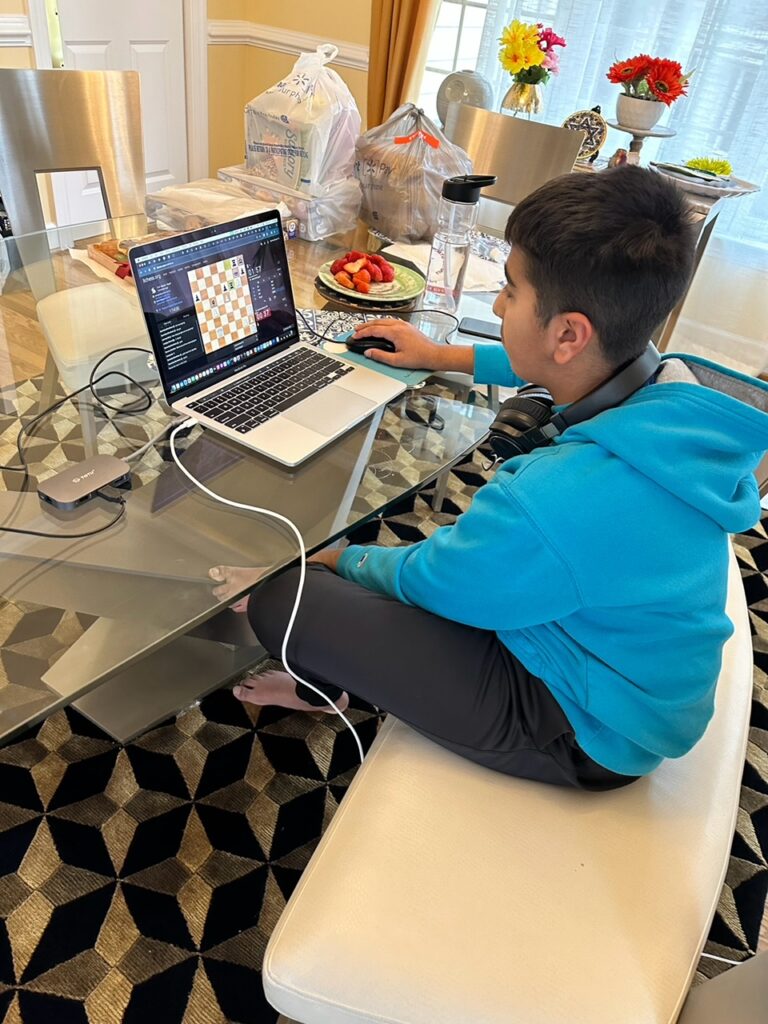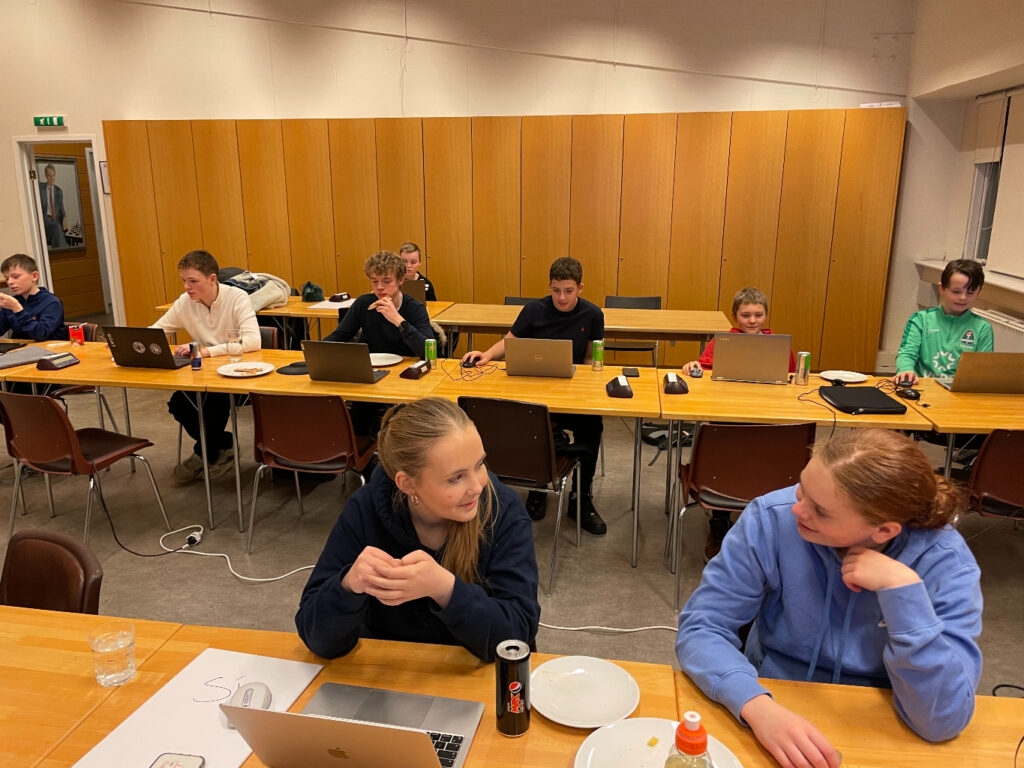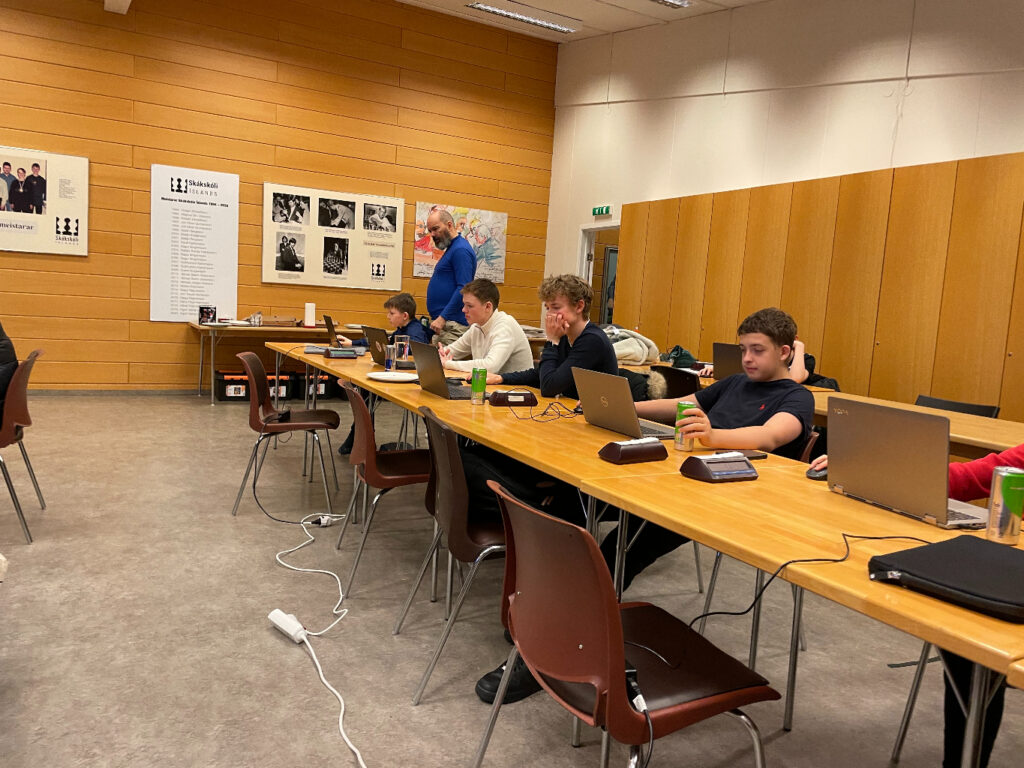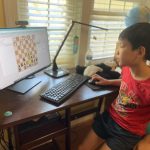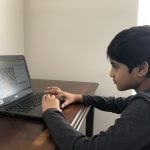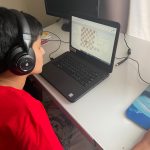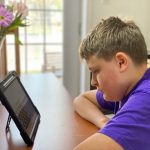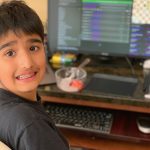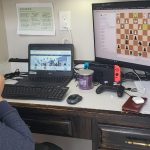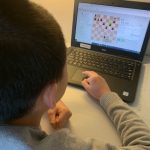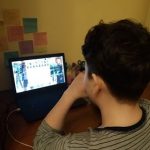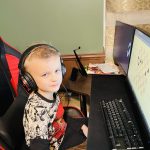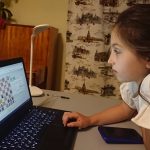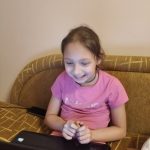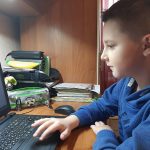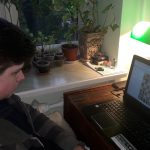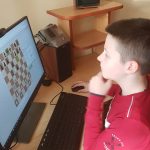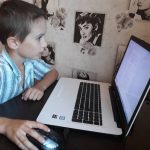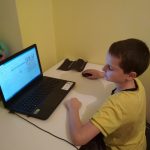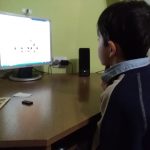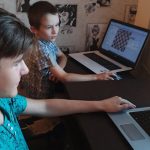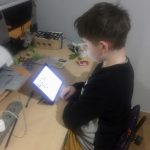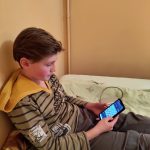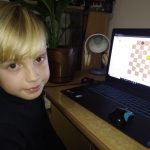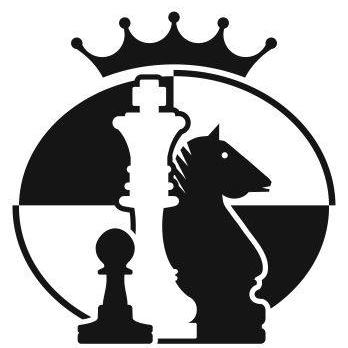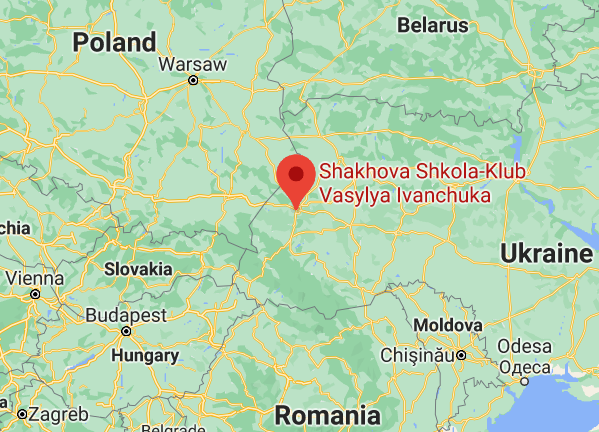Judit and Sofia Polgar Played a Simul in the German Bundestag to Honor Israeli Hostages
- by Chess Center
We try to inculcate our motto of Friendship, Courage, Integrity to all our students. We see examples of these traits in many strong chess players, although, regrettably, not all.
The best female player ever, Judit Polgar, with the active participation of her sister, International Master Sofia Polgar, recently performed a simultaneous exhibition in the German Parliament in Berlin to honor the hostages taken from Israel into Gaza. The exhibition strengthened the ties of friendship between Germany and Israel, while allowing 40 chess players the opportunity to face the Polgar sisters, who are retired from active competitive play.
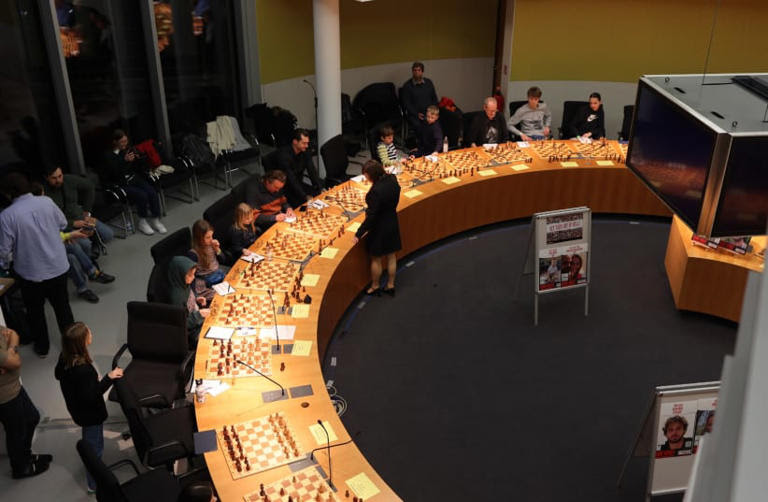
With anti-Israel sentiment running high in many places, it took considerable courage to speak out for the hostages. Judit is a chess player of unquestioned integrity. Despite facing discrimination as a young player, which deprived her as a teenager of opportunities to compete for the World Chess Championship and to represent her country of Hungary in the Olympiad (she was offered, but declined, the chance to play in the Women’s Division of each), she steadfastly worked to become the strongest female player ever.
In rising to the top of the chess world, Polgar defeated 11 current or past World Champions including Magnus Carlsen and Garry Kasparov when they were each ranked #1. She broke Bobby Fischer’s record of becoming the youngest grandmaster ever and did so before the changes in the system that allowed the rank of grandmaster to become more common. She is the only woman ever to be ranked among the top ten players in the world.
When she speaks on an issue, the world listens. Now, she speaks on the topic of hostages. As she recently said, “Speaking up for hostages is not political. It is humanitarian. The world of sports is asking all athletes to heed the call to protect the safety and security of all hostages.”
The exhibition was staged by Chess4Solidarity, a collaboration between Germany and Israel.
